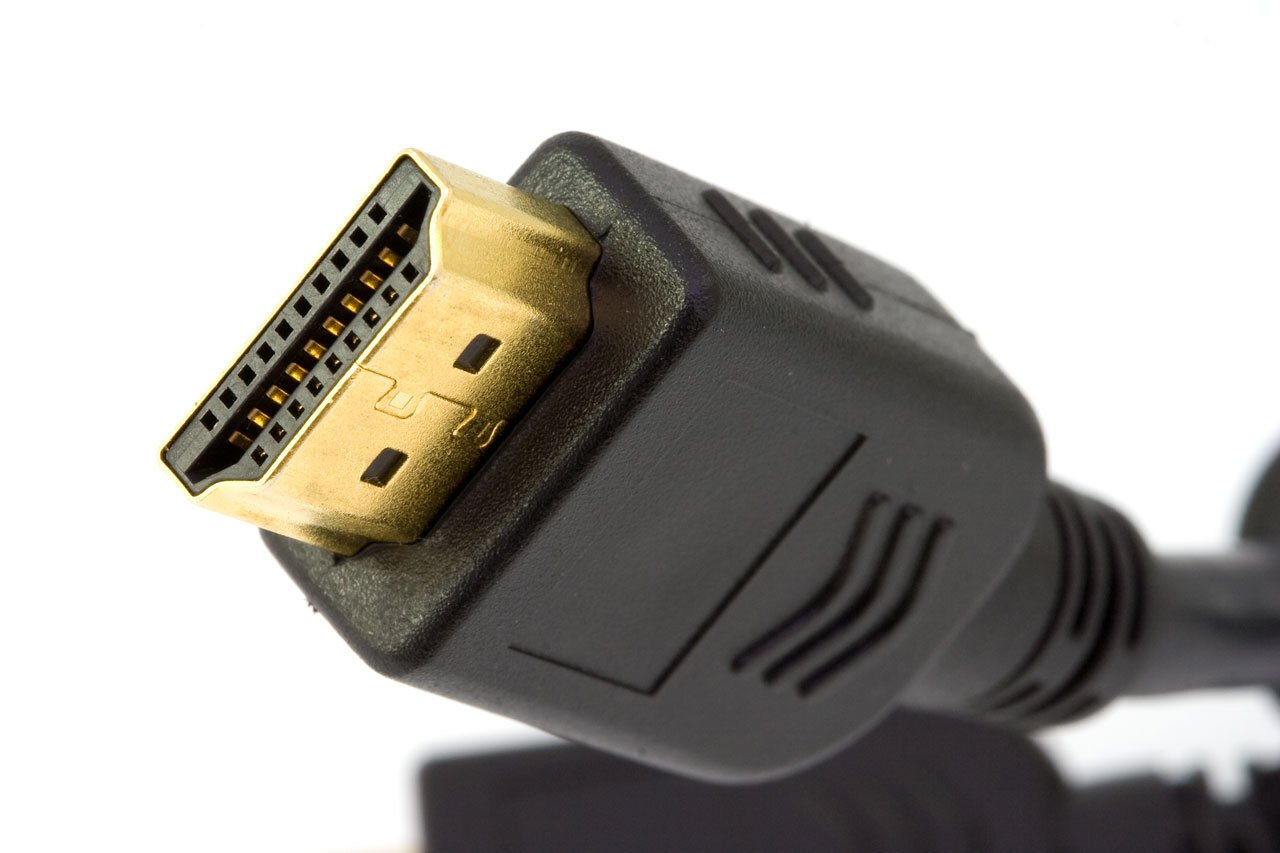Roku is exploring ways to show consumers ads on its TVs even when they are not using its streaming platform: The company has been looking into injecting ads into the video feeds of third-party devices connected to its TVs, according to a recent patent filing.
This way, when an owner of a Roku TV takes a short break from playing a game on their Xbox, or streaming something on an Apple TV device connected to the TV set, Roku would use that break to show ads. Roku engineers have even explored ways to figure out what the consumer is doing with their TV-connected device in order to display relevant advertising.



Never connect your smart TV to the internet. Just don’t do it. Get a third party device or ideally use an old PC with an appropriate HTPC Linux distro or something.
Wait, why? Is the TV spying on me any more than my phone, every app I use, my desktop OS, every website I visit, all of my smart home devices, my car, my bank, traffic cameras, and my bottom left molar?
Can’t I just slap a PiHole on my home network and pretend I’ve done something about it?
TVs have a history of listening and collecting a lot more data than a smart device.
With a TV device like an android or Linux box, you can prevent that as well as ad-injection because you can install whatever you want on the device and it’s not as locked down as a TV. You can even disable or physically remove recording devices if you’d like, and many smart boxes do not even come with them.
Also, a pihole does not guarantee you filtered out everything or prevented the TV from interfering with your experience.
A TV can also change its policy on the fly and suddenly start injecting ads. Many TVs do this to add additional income after your purchase.
If tv is talking home using ip directly, DNS blocking will not work. You have to ether disconnect tv from your network or give the tv a static ip and block all traffic to and from WAN (internet) from that device Update tv manually using USB stick.
Reply to old reply, sorry. Technically blocking the IP isn’t perfect either. In theory, as long as it has the wifi credentials, and your wifi has access to the internet, your TV will be able to access the internet if it really wants to. All it’d have to do is ignore the IP assignment or fake/change a MAC address during DHCP. I don’t know why a “legit” TV would do this, but if you get some unbranded Chinese thing, or if any wifi device wants to be malicious, it can bypass DHCP+IP filters very easily.
Everyone expects a phone Nobody thinks about tvs
Get a signage TV instead of a smart TV. Then you also don’t have to deal with the slow ass UI.
Do you know of a good HTPC UI other than Kodi? I was never a huge fan of Kodi.
I use Arch btw